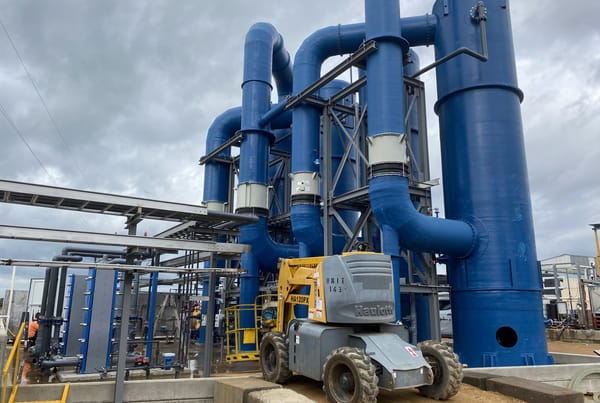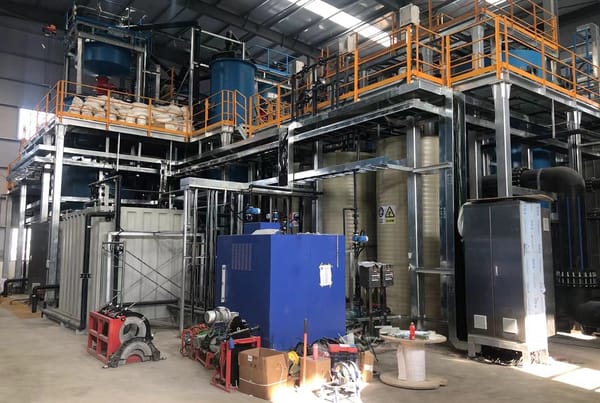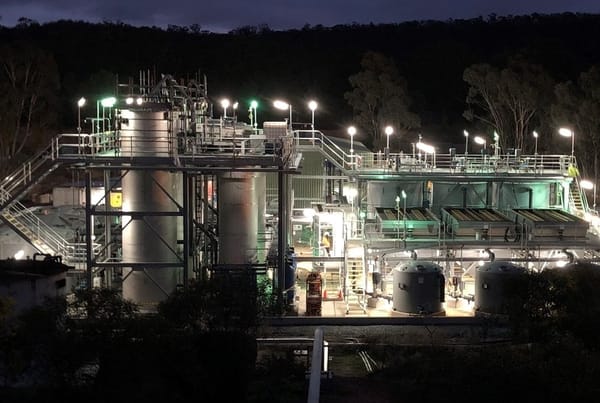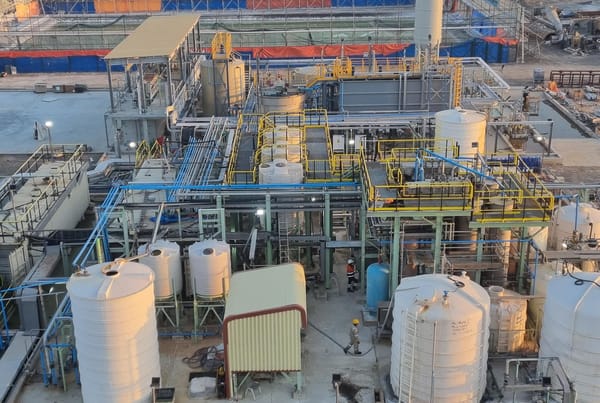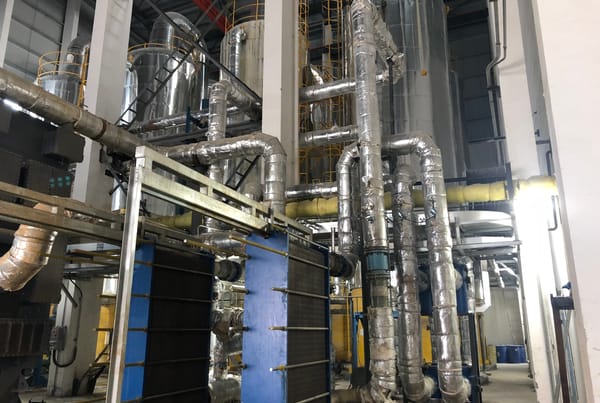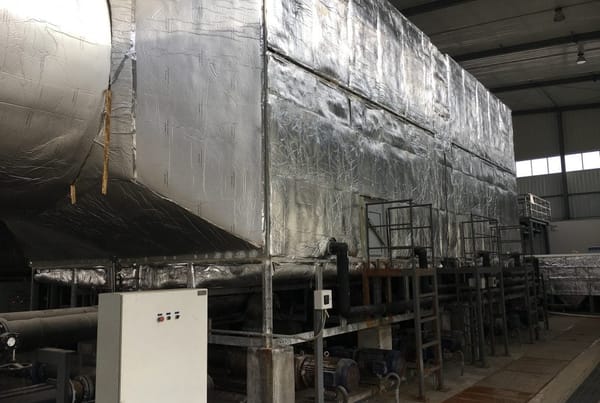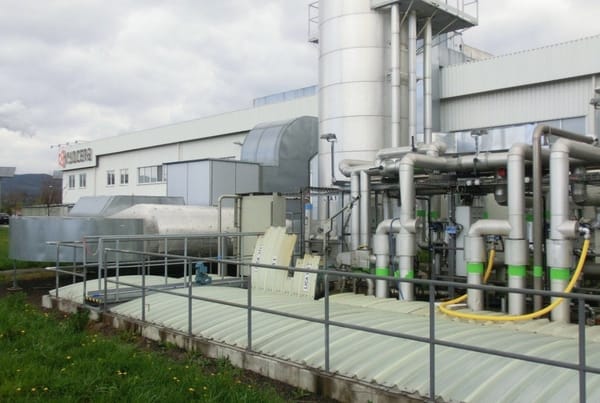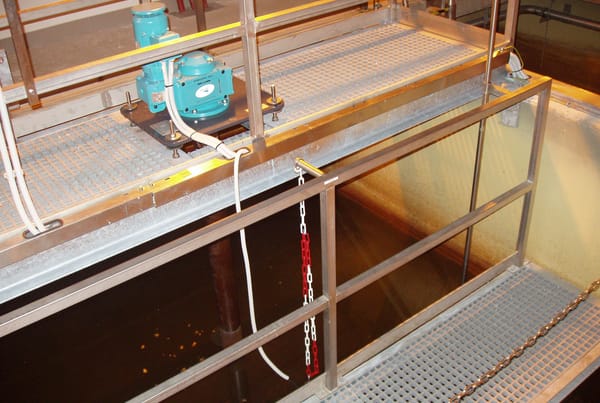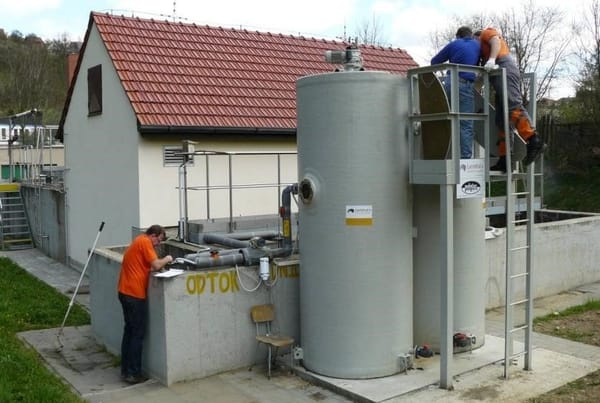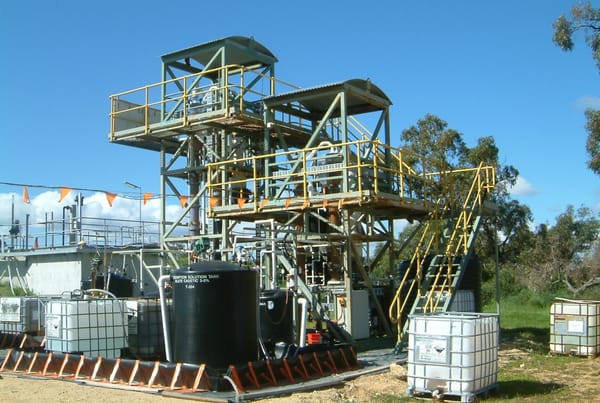Purifying The Flow: A Deep Dive into Wastewater Treatment
The Clean TeQ Approach
Introduction
Wastewater treatment is a mission-critical process that serves as a bulwark for public health and environmental sustainability. Here we discuss the world of wastewater treatment, encompassing its fundamental principles, diverse types, innovative methods, and its pivotal role in safeguarding a multitude of industries. while explaining briefly about Clean TeQ’s approach to provide sustainable wastewater solutions across industries.
What is Wastewater Treatment?
Wastewater treatment is the process of removing contaminants, pollutants, and impurities from wastewater to make it safe for disposal or, in some cases, for reuse. Wastewater can originate from various sources, such as domestic households, industries, agriculture, and stormwater runoff. Without proper treatment, discharging untreated wastewater into the environment can have detrimental effects on water quality, ecosystems, and human health.
Broad Types of Wastewater
1. Domestic Wastewater:
This category comprises wastewater from homes, encompassing water from toilets, sinks, showers, and kitchens. It can harbor organic matter, pathogens, and an assortment of chemicals.
2. Industrial Wastewater:
Industries are prolific generators of wastewater, with each sector producing a unique blend of contaminants. The spectrum of pollutants includes heavy metals, organic chemicals, and toxic substances, contingent upon the industrial processes in play.
3. Agricultural Wastewater:
Agricultural activities yield runoff that can transport fertilizers, pesticides, and other agricultural chemicals into water bodies, posing a significant threat to environmental health.
Wastewater Treatment Methods
Wastewater treatment deploys an array of methods and processes designed to rid water of its impurities, culminating in its safe return to the environment or repurposing for various applications. Here are some quintessential treatment methods:
1. Primary Treatment:
This first step centers on the removal of large solids and debris via screening and sedimentation. It is crucial for disentangling solid materials from the liquid portion of the wastewater.
2. Secondary Treatment:
Secondary treatment is dedicated to further purification, with a focus on eradicating organic matter and dissolved contaminants. Biological processes, including activated sludge and trickling filters, harness microorganisms to break down organic pollutants.
3. Tertiary Treatment:
The tertiary treatment stage offers advanced purification and includes processes like chemical precipitation, filtration, and disinfection. This rigorous phase ensures that the treated water adheres to stringent quality standards before discharge.
4. Advanced Treatment:
In select instances, advanced treatment methods such as membrane filtration, reverse osmosis, and ultraviolet (UV) disinfection are applied. These advanced techniques are particularly valuable when treating specific wastewater types or when the demand for exceptionally high water quality arises, especially in the context of water reuse.
Wastewater Treatment Across Industries
Wastewater treatment serves as the guardian of environmental integrity and water quality across diverse industries, addressing unique challenges and ensuring responsible water management. Here are some key examples:
Municipal Wastewater Treatment:
Municipal wastewater treatment plants are responsible for treating domestic wastewater from households and businesses. These facilities typically include primary and secondary treatment processes to remove solids and organic matter, making the water safe to be discharged into natural water bodies.
Clean TeQ provides innovative tertiary and advanced municipal water treatment plants for nutrient removal, resource recovery, and high recovery desalination for municipal reuse.
2. Industrial Wastewater Treatment:
Industries such as chemical manufacturing, food processing, and petrochemicals produce wastewater with specific contaminants. Customized treatment processes are employed to address the industry-specific challenges.
Clean TeQ Water provides innovative water treatment solutions for treating industrial process and wastewaters. By selectively removing problem contaminants such as calcium, sulphate or COD, we can avoid creating a difficult to manage saline brine, and in some cases create pure reusable product streams.
3. Agricultural Wastewater Treatment:
Agricultural runoff poses a serious threat to water quality, carrying harmful chemicals and excess nutrients into water bodies. Best practices, like sediment basins and vegetated buffer strips, play a pivotal role in mitigating the environmental impact of agricultural wastewater.
Clean TeQ Water has experience helping clients reach a range of water treatment goals, including:
- Mobile water treatment plants for nutrient removal
- Treating groundwater (including hypersaline water) for use as crop water or to for livestock
- Selective removal/recovery of many contaminants
4. Mining Wastewater Treatment:
Mining operations generate wastewater laden with heavy metals, chemicals, and sediment. Wastewater treatment facilities in mining areas employ processes such as sedimentation, chemical precipitation, and filtration to manage and treat this wastewater.
Clean TeQ Water has experience helping clients reach a range of mine water treatment goals, including:
- Treatment of acid mine drainage, tailings water, and process water for process reuse or compliant disposal to the environment
- Treating groundwater (including hypersaline water) for use on site
- Treatment of raffinate/tailings to recover valuable metals
- Selective removal/recovery of many contaminants
- Rapid dewatering of tailings into stackable solids and reusable water
5. Oil & Gas Wastewater Treatment:
The oil and gas industry produces wastewater characterized by high salinity and potential hydrocarbon contamination. Wastewater treatment in this sector involves a combination of physical, chemical, and biological processes to ensure responsible disposal or reuse.
Clean TeQ Water provides customised water treatment solutions that can selectively remove contaminants such as calcium, magnesium, and sulphate from well water. The water recovery of conventional membrane processes is often limited to 40 – 60% for brackish and saline feed waters due to scaling risks. Using our technologies we can selectively remove scale forming contaminants prior to membrane treatment in a chemical free process, boosting the recovery to above 90% and producing much less brine.
Conclusion
Wastewater treatment is a multifaceted process that plays a pivotal role in maintaining clean water sources and preserving the environment. By effectively removing contaminants from wastewater, we can protect ecosystems, public health, and the availability of safe water resources. Different types of wastewater and industries demand specialized treatment methods, ensuring that treated water meets stringent quality standards before being released into the environment or recycled for beneficial use. As we continue to face water resource challenges, the importance of wastewater treatment cannot be overstated, and ongoing research and innovation in this field remain crucial for a sustainable future.
Find out how we can help with your wastewater treatment challenge using the contact form below.
